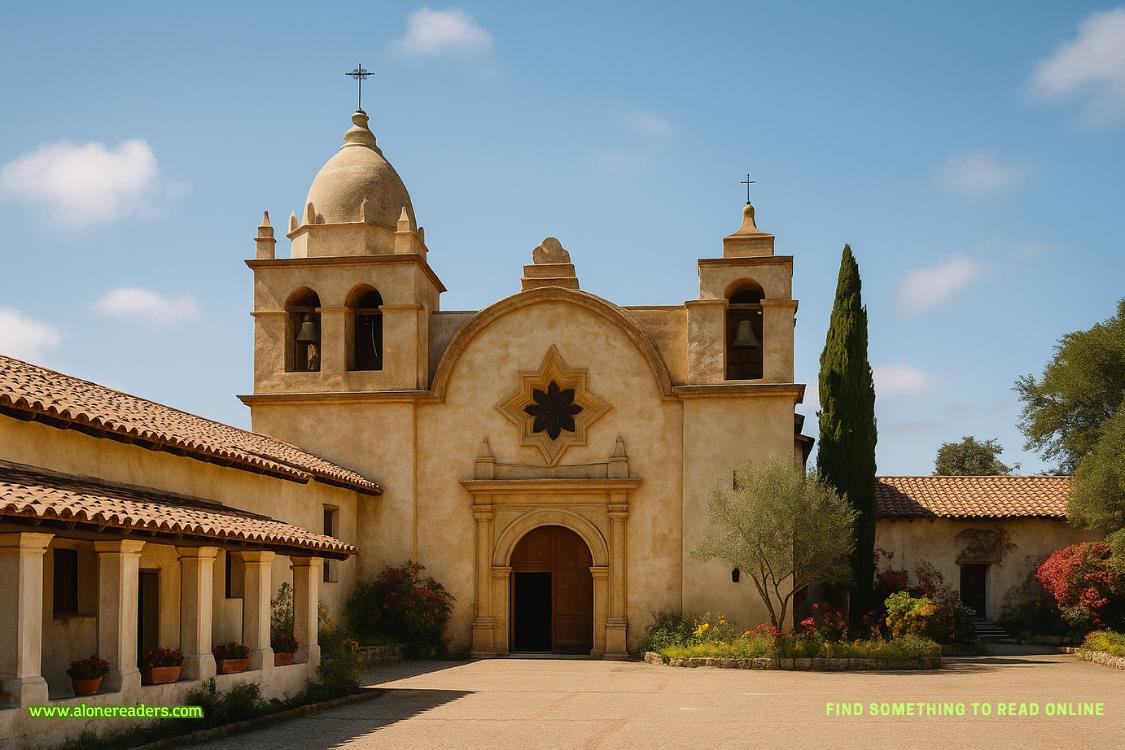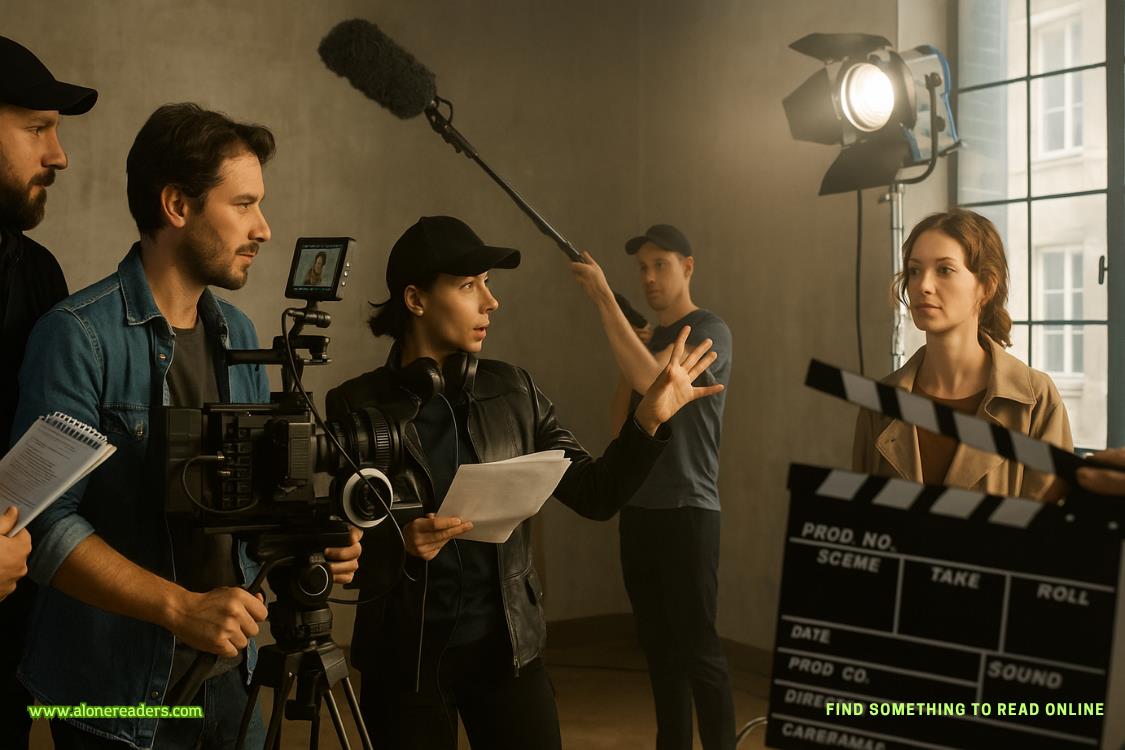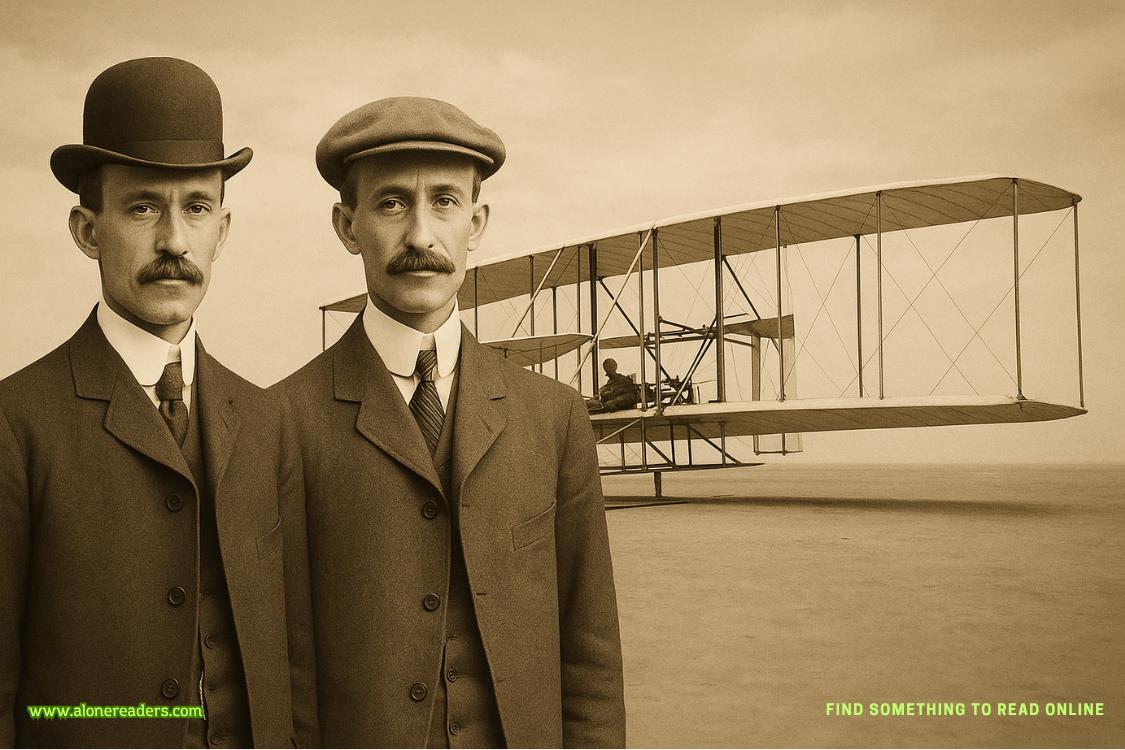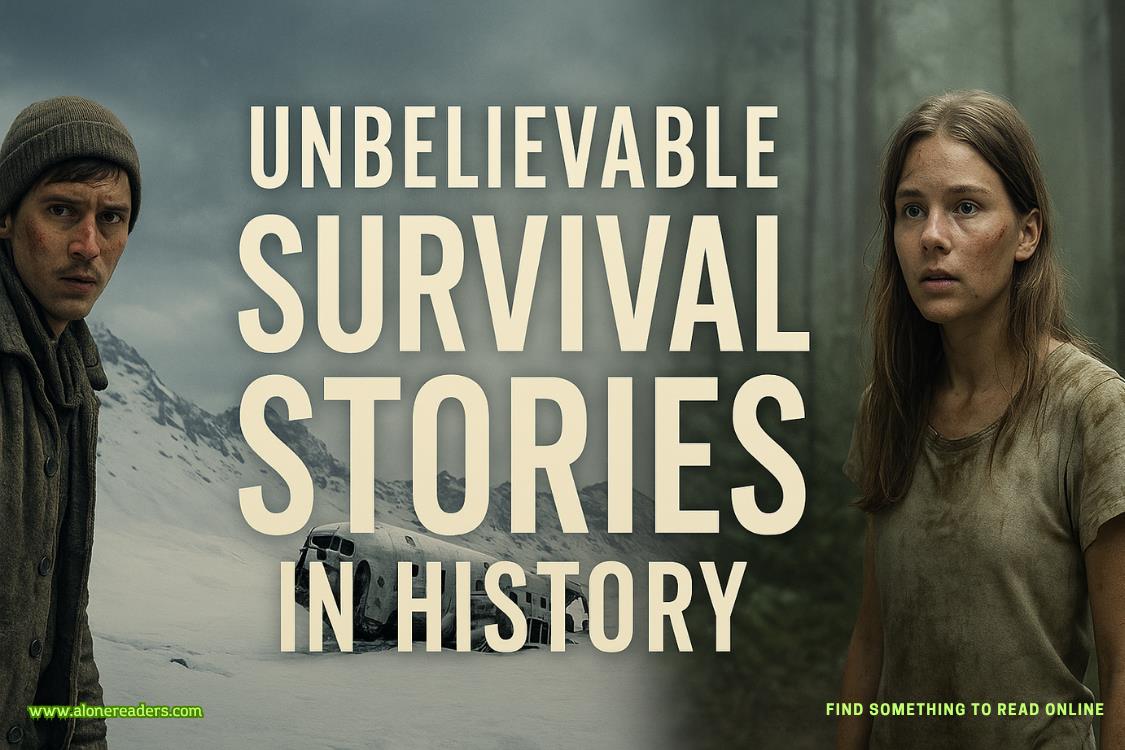Page 31 of Our Last Resort
“You think it’s going to happen again?”
The horror on his face. Sweet Gabriel.
Three years earlier, one evening before dinner, my body had conjured up an unfamiliar kind of pain. I was bleeding. Gruffly, a mother had told me two things: that this was normal, and that this little stunt would recur every month.
The lesson: Once a body taught itself to do something unpleasant, it didn’t stop. It performed the trick again, and again, and again.
“Shit,” I said. “Money.”
We’d never handled money. Émile had explained about capitalism, about the cruelties of outside-outside. Only he had a wallet. We saw it in photos taken during his travels. Émile in airports, Émile handing cash to a stranger on the street.
Gabriel pinched his lips.
“You know we can’t,” he said.
Sure we can.
“I’ll figure it out,” I said. “Don’t worry about it.”
Something limitless had opened within me. I was fearless, drunk with my own determination.
People made so much of it, later on, after we became adults.Journalists, documentarians, people on the internet. Trying to read into our past like in tea leaves.Even when they were fifteen, her brother did whatever the fuck he wanted,someone wrote in an online forum.It was his temperament.There’s just something about him that doesn’t understand boundaries.
Bullshit. All of it.
My brother was in pain. I had to make it stop.
It was that simple.
12Escalante, Utah
The Fifth Day
Gabriel and I find two chaises next to each other. Up until today, it’s been easy to look at the pool and see an oasis. This big rectangle of turquoise water in the desert, the large magnolia tree mysteriously kept alive in this murderous climate: It’s not subtle. But now, only children venture in for a swim. Adults sit around the pool in palpable discomfort. Most of them scroll on their phones; some resort to newspapers and books.
I keep my T-shirt on, even though it’s past noon and the sun is beating down on us. Usually, an employee would set up an umbrella, but—despite Catalina’s assurances—the hotel isn’t back to normal yet.
Gabriel lies down and pulls his hat over his face, his book abandoned at his side. He’s in dark green swim trunks—the same pair he’s been rinsing and hanging to dry over the windowsill every night. Under my clothes, I’m wearing a navy one-piece, one of two options I brought for this nine-day stay. (Nine days,I thought when I made our reservation: one for each year since he moved away.)
Our time at the hotel has been peppered with small awkwardnesses. Every detail (like the fact that I can afford a spare bathing suit and Gabriel can’t) is an obnoxious reminder of theways we each live: he, with just enough money to get by; me, comfortably.
I had a job, once. For about a year. It was the closest thing I’d ever witnessed to a miracle: me, receiving an offer of employment from a bank. Becoming afinancial analyst—the junior kind, plucked right out of college.
The work was so busy, so intense. I loved everything about it. Loved waking up at five and checking the news to see what disasters would upend the markets. (Already, I had an anxious mind, and nothing pleased me more than being given an actual reason to worry.) Loved having an office, a desk, a chair. Morning meetings? After a childhood of Émile’s assemblies, morning meetings wereriveting.
When the shit hit the fan and we all got caught up in a manic swirl of numbers and reports—that’s when I felt truly at peace. When we had to work until midnight, which was most days, I didn’t feel like I was missing out on life. I was brand-new to the world. I didn’t have any real hobbies. My family was Gabriel and Annie. I had just enough time for a family of two people.
And, of course, I didn’t mind the money.
After Annie’s death, I didn’t think anything had to change. I kept going to work. One evening, while Annie was still missing, I made the mistake of speaking to a local TV reporter. I didn’t say much—just that we were desperately worried about my sister-in-law.
When I returned to work the next day, there were whispers. Things developed from there. People wouldn’t meet my gaze. At meetings, there was never enough time for me to contribute.
After six months of tension, my manager asked me to sit down for a chat. “I feel,” he informed me in a frigid conference room, “that you’ve been distracted lately. Personal issues, maybe.”
It wasn’t a question. He’d made up his mind.
A couple of hours after that meeting, my manager clicked out of a window right as I walked past his desk. Not fast enough. I had time to glimpse the blurry photo, Gabriel on the receivingend of a paparazzo’s long lens, the headline:Hungry ForJustice…and a Sub: Shady Hubby Grabs Lunch as Suspicion Mounts.















